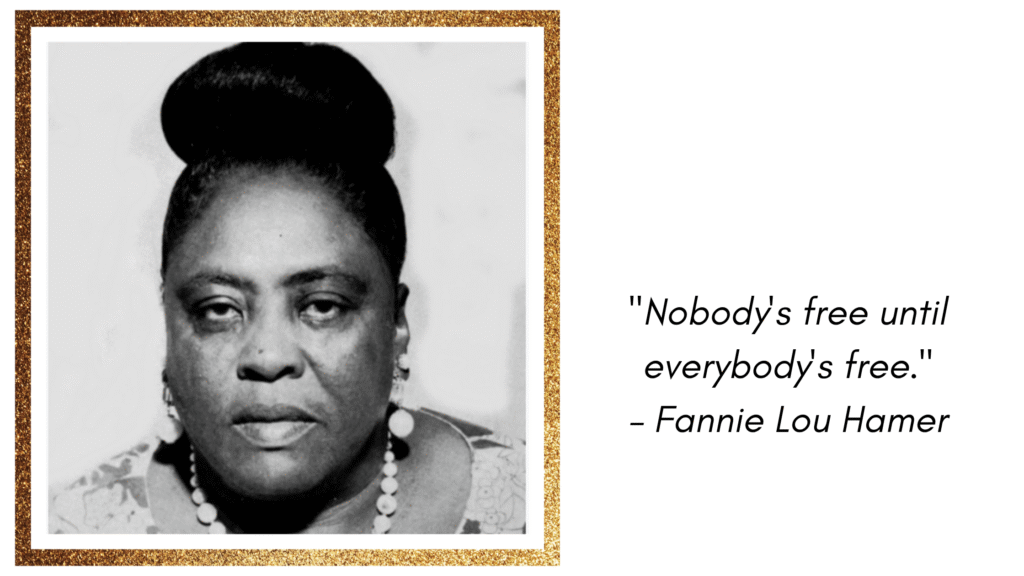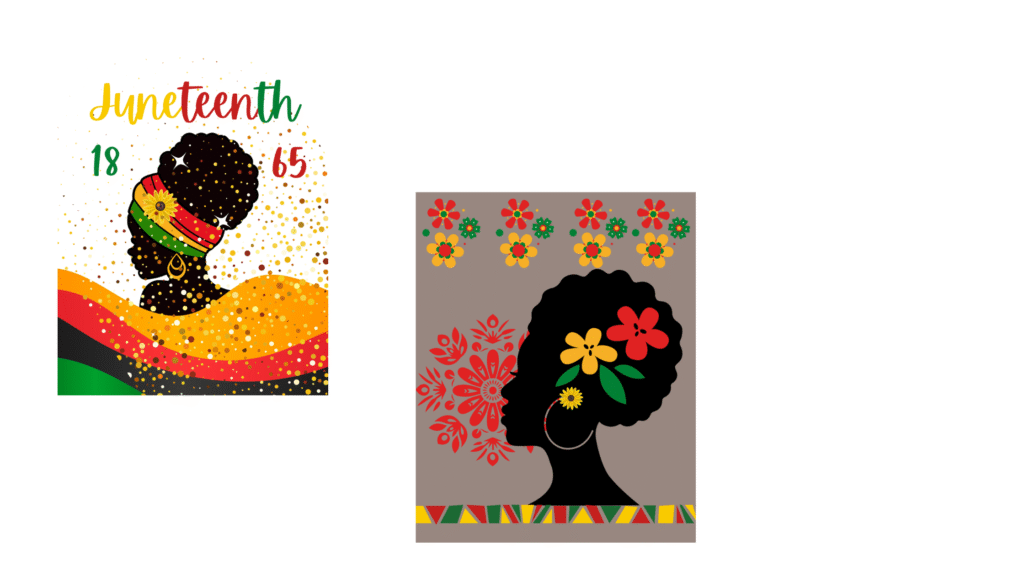
What Is Juneteenth and Why It Matters
Juneteenth, celebrated each year on June 19th, is a deeply meaningful holiday for the Black community and an important part of American history. It marks the day in 1865 when enslaved African Americans in Galveston, Texas were finally informed that they were free—more than two years after President Abraham Lincoln signed the Emancipation Proclamation.
Imagine that: two and a half years of freedom DELAYED.
That day, June 19th, became known as Juneteenth, a combination of “June” and “nineteenth.” Since then, it has been celebrated as the true end of slavery in the United States and a symbolic milestone of Black liberation, resilience, and achievement.
In 2021, Juneteenth became a federal holiday, finally giving this moment the national recognition it long deserved. But for many in the Black community, it has always been much more than a date—it is a time to reflect, honor ancestors, gather in joy, and celebrate Black excellence.
The Colors of the Juneteenth Flag and Their Meaning
The Juneteenth flag, created by activist Ben Haith in 1997 and revised in 2000, is full of symbolism that honors Black history and progress:
- Red represents the blood shed by generations of enslaved Africans and their descendants in the fight for freedom.
- White symbolizes a new beginning, peace, and the hope that came with emancipation.
- Blue echoes the American flag, reminding us that enslaved people and their descendants were always Americans—despite being denied their rights for centuries.
- The star in the center represents Texas (where the last enslaved people were freed) and the freedom of Black people in all 50 states.
- The burst around the star signifies a new dawn of freedom and the promise of a better future.
These colors, combined with the flag’s shape and symbols, serve as a visual reminder of pain, power, and progress.
How We Celebrate Juneteenth
Juneteenth celebrations are vibrant, emotional, and full of cultural pride. Across the country, you’ll find everything from neighborhood cookouts and music festivals to educational panels, church services, and storytelling events.

Here are some ways we can all honor Juneteenth:
1. Learn the History
Take time to learn about the Emancipation Proclamation, Reconstruction, Jim Crow, and the Civil Rights Movement. Educating ourselves helps ensure the legacy of those who fought for freedom is not forgotten.
2. Support Black-Owned Businesses
One of the most meaningful ways to celebrate is by circulating your dollars within the Black community. From restaurants and bookstores to artists and Etsy shops, your support makes a difference.
3. Attend a Celebration
Look for local Juneteenth events in your community—many feature music, food, guest speakers, and art installations that showcase the depth of Black culture.
4. Create Space for Reflection and Conversation
Have open conversations with friends, family, or coworkers about the meaning of Juneteenth. Acknowledge the pain of slavery, but also the triumph of freedom and the strength of Black Americans.
5. Celebrate Black Joy
Juneteenth is not just about struggle—it’s also about liberation and joy. Read a book by a Black author. Cook a soul food meal with friends and family. Lift up the voices and stories that have helped shape America.
A Celebration for All Americans
Juneteenth is a part of American history, not just Black history. It’s a celebration of freedom and the unfinished journey toward equality for all. Honoring this day helps move us closer to a world where freedom is fully realized—not just in law, but in practice and everyday life.
So whether you’re joining a parade, hosting a lovely dinner gathering, or simply reflecting in gratitude—know that celebrating Juneteenth is a step toward healing, unity, and progress all year round.
Cheers to our history!
